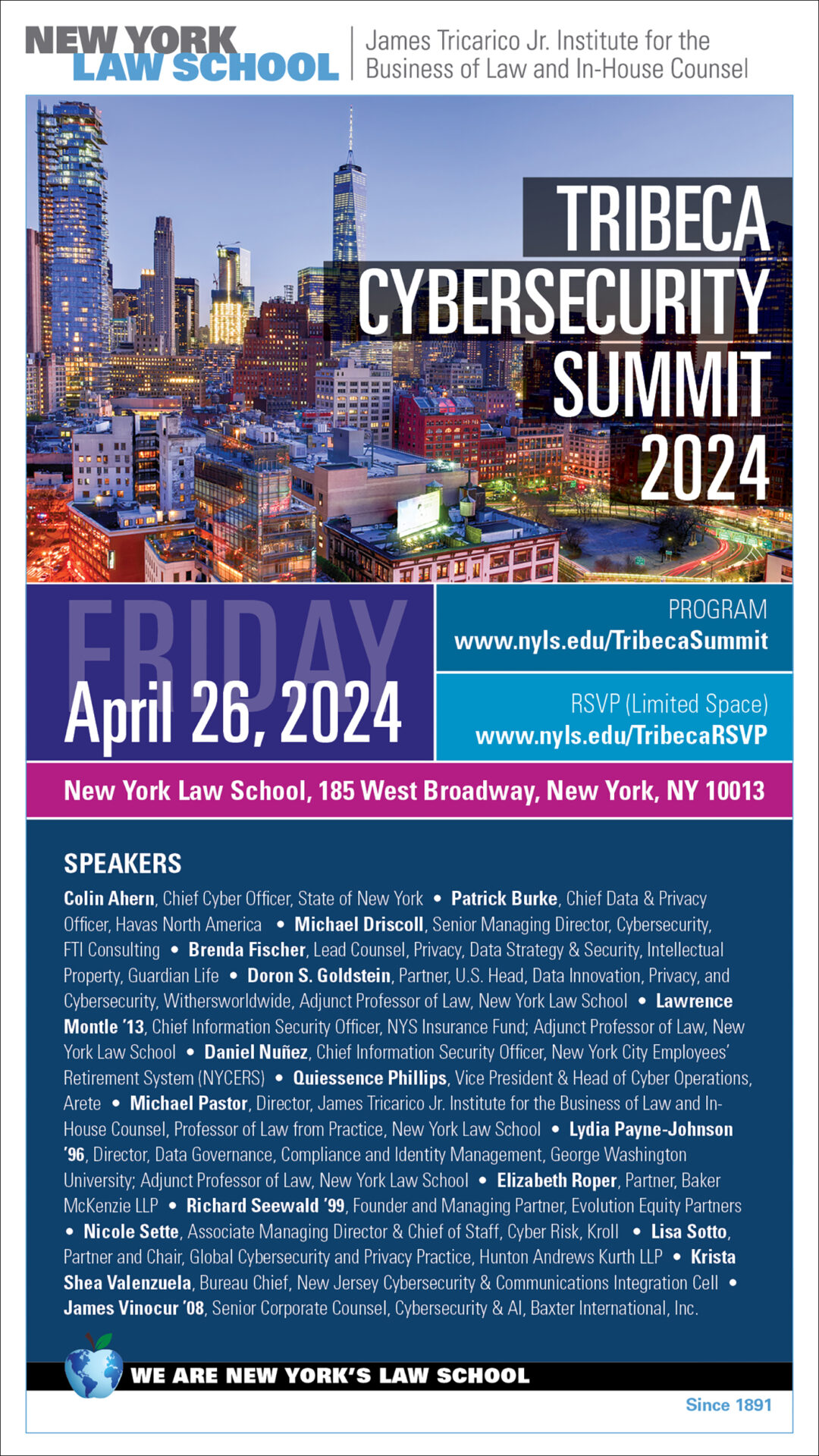The Ever-Evolving Landscape of Cybersecurity Law
Cybersecurity law is a dynamic field, constantly adapting to the ever-changing technological landscape. New threats emerge daily, requiring legislators and legal professionals to stay ahead of the curve. This necessitates a deep understanding of not only the legal frameworks but also the technical underpinnings of cyberattacks, data breaches, and digital security vulnerabilities. The intersection of law and technology is precisely what makes this career path so intellectually stimulating and crucial in today’s world.
Data Protection and Privacy Regulations: A Core Focus
A significant portion of cybersecurity law revolves around data protection and privacy regulations. Laws like GDPR (General Data Protection Regulation) in Europe and CCPA (California Consumer Privacy Act) in the US have set precedents for how organizations must handle personal data. Understanding these regulations, their implications, and the potential liabilities for non-compliance is paramount. Specializing in this area allows professionals to advise companies on data security best practices, compliance strategies, and incident response plans, playing a vital role in protecting individual rights in the digital age.

Cybercrime Investigations and Legal Proceedings
When a cyberattack occurs, legal professionals with expertise in cybersecurity are critical to investigating the incident, identifying perpetrators, and navigating the complex legal proceedings that follow. This might involve working with law enforcement agencies, collecting digital evidence, and understanding the intricacies of forensic analysis. The ability to translate technical details into legally sound arguments is a highly sought-after skill in this area. This aspect of cybersecurity law demands a blend of legal knowledge and technical proficiency, often requiring specialized training and certifications.
Contractual Agreements and Cybersecurity Clauses
Many commercial contracts now include specific clauses relating to cybersecurity. These clauses outline the responsibilities of each party regarding data protection, security measures, and incident response. Cybersecurity lawyers specializing in contract law help businesses draft and negotiate these agreements, ensuring that they adequately protect their interests in the digital realm. The importance of clear and comprehensive cybersecurity provisions in contracts is only growing, making this a crucial area of specialization for legal professionals.
International Cybersecurity Cooperation and Law
Cybercrime often transcends national borders, demanding international cooperation in investigations and prosecutions. Understanding international treaties, agreements, and legal frameworks relating to cybersecurity is becoming increasingly important. This area of law requires a global perspective and the ability to navigate complex jurisdictional issues. Specialists in this niche contribute to the development and implementation of international standards for cybersecurity, fostering collaboration between nations to combat global cyber threats.
Ethical Hacking and Penetration Testing: Legal Implications
Ethical hacking and penetration testing are crucial for identifying security vulnerabilities in systems and networks before malicious actors can exploit them. However, these activities must be conducted within a legal framework, ensuring compliance with laws and regulations related to computer access and data security. Lawyers with expertise in this area advise companies on the legal aspects of penetration testing, helping them navigate the complexities of obtaining consent, maintaining confidentiality, and ensuring compliance with relevant legal requirements. This field is growing as businesses increasingly recognize the importance of proactive security measures.
Emerging Technologies and the Future of Cybersecurity Law
The rapid advancement of technology, including artificial intelligence, blockchain, and the Internet of Things (IoT), presents both new opportunities and challenges for cybersecurity law. New legal frameworks and regulations will be needed to address the security risks associated with these emerging technologies. Professionals who can anticipate and adapt to these changes will be in high demand. Staying abreast of technological developments and their legal implications is essential for success in this evolving field.
Career Paths in Cybersecurity Law
A career in cybersecurity law offers a variety of paths, from working in law firms specializing in technology law to joining in-house legal teams at tech companies or government agencies. Opportunities exist for those who prefer litigation, contract negotiation, regulatory compliance, or international cooperation. With the continuous growth of the digital economy and the increasing sophistication of cyberattacks, the demand for skilled cybersecurity lawyers is only expected to increase, making it a rewarding and promising career choice. Visit here for information about a cybersecurity law degree.

